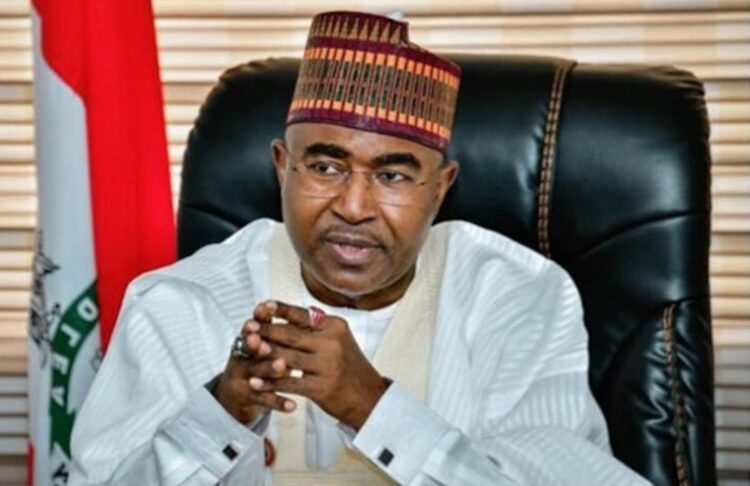Chairman of the National Drug Law Enforcement Agency (NDLEA), Brig Gen Mohamed Marwa (rtd) has called for an amendment of the NDLEA Act to boost the war against drug abuse.
At the opening ceremony of the Inter Ministerial Committee (IMC) on drug control in Abuja yesterday, Marwa said ongoing amendment of the NDLEA Act, when passed into law, will significantly enhance the organisational capability of the agency to curb the menace of substance abuse and illicit drug trafficking.
Addressing stakeholders from ministries, departments and agencies as well as other local and international partners, Marwa said: “We have to acknowledge, however, the existence of the funding challenge, which is limiting our capabilities in various ways. Nonetheless, we are looking forward to some positive developments that will lend impetus to the attainment of our set objectives.
One such is the amendment of the NDLEA Act, which will significantly enhance the organisational capability of our agency in drug supply reduction. The hearing of the amended bill is making progress in the National Assembly and we look forward to it scaling the final hurdles.“
While acknowledging the tremendous work of the IMC in the implementation of the National Drug Control Master Plan (NDCMP) 2021-2025, he said the collaboration from stakeholders towards achieving the stated goals of the NDCMP is also deserving of appreciation. He outlined some of the activities and achievements of NDLEA in 2023 in line with the national action plan on drug control.
According to him, „After taking stock of key programmes implemented across the strategic pillars in 2022 and 2023, I can say that we have recorded significant progress on the 4th National Plan (NDCMP 2021-2025) compared to previous ones. Under the Supply Reduction Pillar, our operations and offensive action led to the arrest of 13, 664 drug traffickers, of whom 3, 412 have been convicted in 2023. We recorded the seizure of 1.61 million kilograms of assorted illicit drugs, and we carried out the destruction of 206.5 hectares of cannabis farms.
“In drug demand reduction, we recorded the counselling and rehabilitation of 10,904 individuals. The implementation of WADA advocacy across states, local government areas, wards, and communities boosted the attainment of some set targets under the Drug Demand Reduction Pillar. Ramping up our WADA sensitisation activities has enabled us to reach different target groups, and, by the same token, has facilitated the diffusion of shared ownership of the effort to curb the proliferation, trafficking and abuse of illicit substances in the country.
“Generally, there had been momentous developments in 2022-2023 that were helpful to the attainment of our targets. Among others, these include, one, Nigeria’s hosting of the 30th Conference of the Heads of Drug Law Enforcement Agencies, Africa, HONLEA, in September 2023; two, the commissioning of the NDLEA toll-free helpline, which has helped to bridge the gap between people who need treatment and the care provider, and three, the Drug Prevention, Treatment and Care (DPTC) training for the Governors’ Spouses, which has helped to strengthen response to drug problems across the states through the first ladies who are at the helm of the leadership of the State Drug Control Committee, SDCC. And, of course, the non-stop WADA campaign across the federation continually gives us leverage in society.”
Also at the event, the country representative, United Nations Office on Drugs and Crime (UNODC), Oliver Stolpe said, “The achievement over the past years in enhancing law enforcement, increasing accessibility to treatment and rolling out prevention, and recently including harm reduction and alternative development, are all milestones that the NDLEA has created.“
A representative of ECOWAS Commission, Dr Daniel Akwasi Amankwaah, said, “ECOWAS is excited about the NDLEA drug control master plan because ECOWAS took inspiration from the NDLEA master plan to encourage other countries to develop their own master plan. I am glad to announce that of the 15 ECOWAS countries, 14 have developed their master plans. This is to say 99 percent of the countries have developed theirs and it is all thanks to the template of the NDLEA.”











